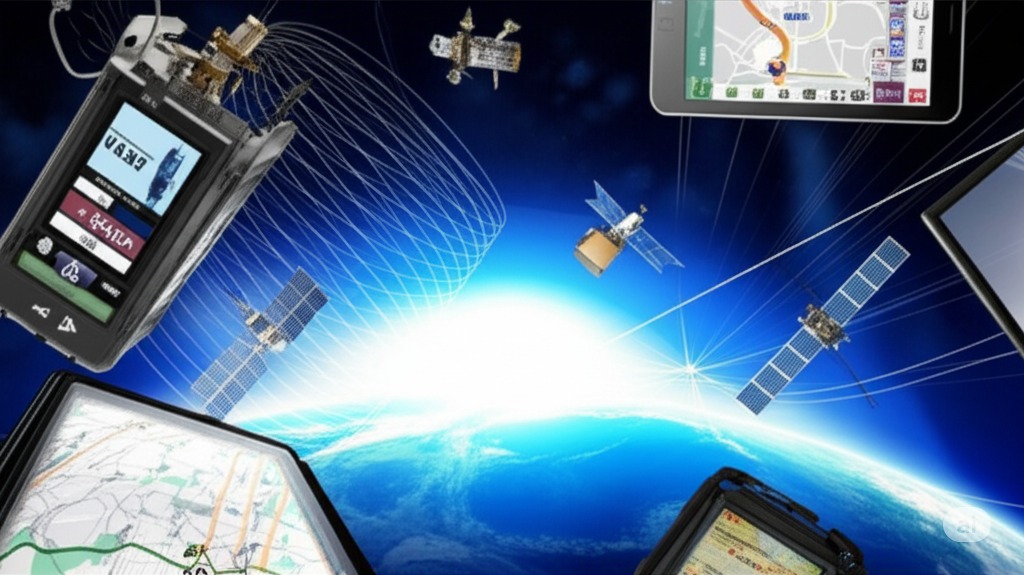Fuel Optimization Benefits
- Route optimization reduces fuel consumption by 20-30% annually
- Real-time traffic analysis prevents unnecessary idling and delays
- Driver behavior monitoring reduces aggressive driving and speeding
- Automated dispatch assigns closest vehicles to reduce travel distance
- Maintenance alerts prevent fuel-wasting engine problems
- Geofencing eliminates unauthorized vehicle usage and fuel theft
- Historical data analysis identifies fuel consumption patterns
- Integration with fuel cards provides comprehensive cost tracking










